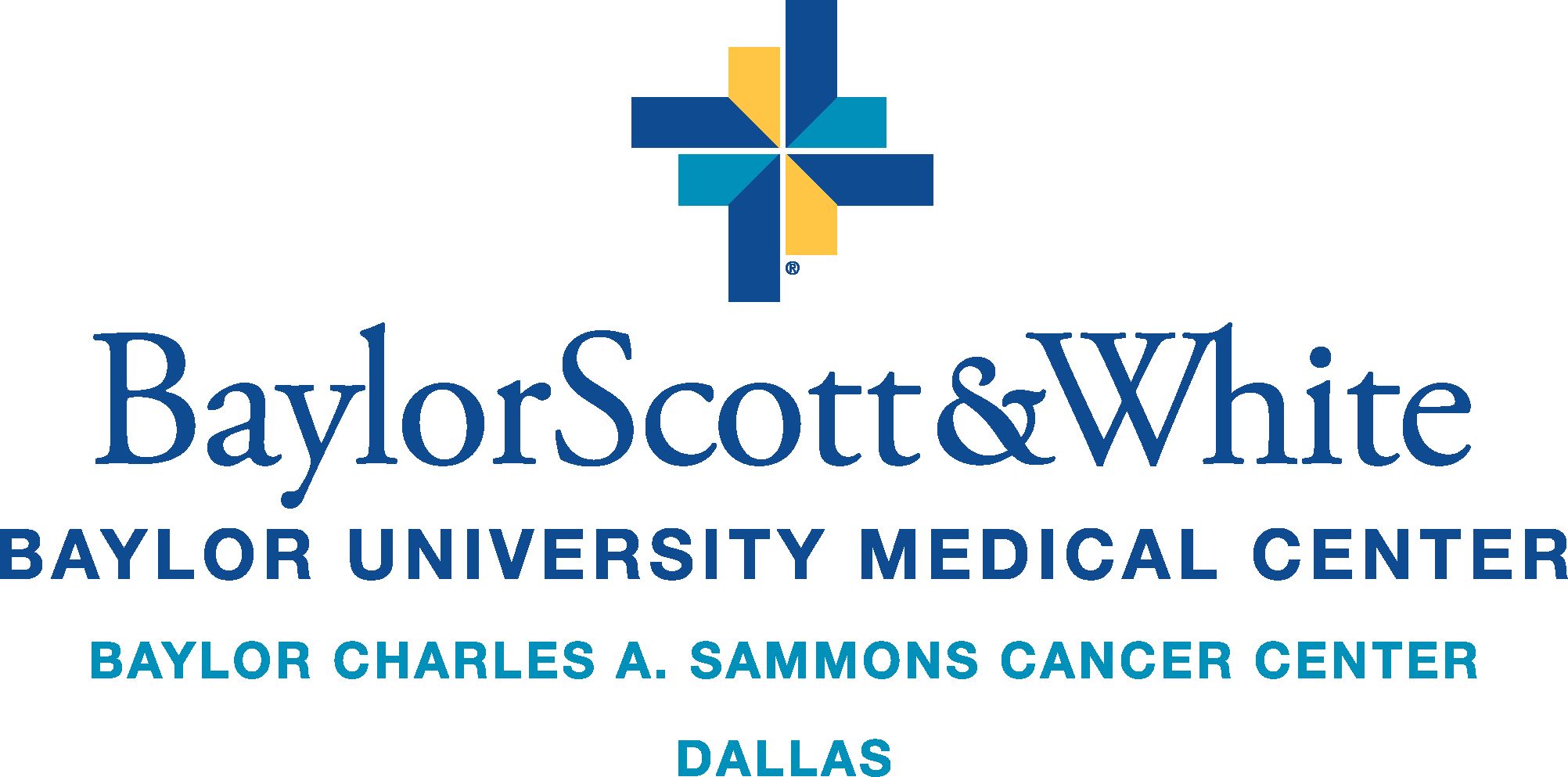
Novel Agents Set to Revolutionize NHL Treatment

M. Yair Levy, MD, discussed the impact of non-chemotherapeutic agents on the treatment of patients with NHL in an interview with OncLive.
M. Yair Levy, MD
Non-chemotherapeutic regimens are poised to become the standard of care for patients with non-Hodgkin’s lymphoma (NHL), based on their safety profiles and effectiveness compared with traditional treatment options.
This transformation in care was initiated by the approvals of ibrutinib (Imbruvica) and idelalisib (Zydelig) for patients with chronic lymphocytic leukemia (CLL), mantle cell lymphoma (MCL), and other types of indolent NHL. In addition to these small molecule inhibitors, and several others in development, the antibody-drug conjugate brentuximab vedotin (Adcetris) has demonstrated promise as a treatment for patients with lymphoma.
M. Yair Levy, MD, discussed the impact of these agents on the treatment of patients with NHL in an interview with OncLive. Levy is involved in the exploration of brentuximab and other novel therapies as the medical director for Hematologic Malignancy Clinical Research at the Texas Oncology-Baylor Charles A. Sammons Cancer Center in Dallas.
Brentuximab is approved as a treatment for patients with Hodgkin’s lymphoma and systemic anaplastic large cell lymphoma. At Baylor, the phase III ECHELON-2 study comparing brentuximab plus CHP (cyclophosphamide, hydroxydaunorubicin, prednisone) with standard CHOP for patients with CD30-positive mature T-cell lymphomas is currently enrolling participants (NCT01777152).
OncLive: Brentuximab appears to have potential across several types of lymphoma. Can you discuss some of this ongoing research?
Dr Levy: We are studying that here at Baylor. Our study is taking a look at brentuximab in addition to CHOP at two different dose levels. Additionally, in 2013, there was an ASH abstract that looked at the response of diffuse large B-cell lymphoma to brentuximab. It is interesting to note that 15% to 20% of diffuse large B-cell lymphomas have some expression of CD30, but in the ASH study they did test brentuximab as a single agent in CD30-negetive B-cell lymphoma. They actually had a response rate in the relapsed and refractory settings, approaching 40% for single agent brentuximab.
Despite the fact that we are getting smarter and we have targeted therapies, we are not always sure what the target is. Scientifically, I don’t know if I could even tell you why it should work in this disease, but we have seen that is does. We are excited for the results of our study with CHOP and brentuximab.
Are there any challenges with combining brentuximab with other therapies?
The concern that many of us have is overlapping neurotoxicity with the combination of brentuximab and CHOP, in particular with the vincristine in CHOP. The second arm of that study will examine brentuximab in CD30-positive disease without vincristine. Dose adjustments can be made in this study in both arms, and protection of patient safety is our most important goal, in addition to responses. We will be monitoring for toxicities very closely.
There has been much excitement regarding ibrutinib, idelalisib and other new agents in NHL. How are these being implemented into treatment?
There has been a lot of excitement generated about various points of blockage in the B-cell receptor pathway, which has actually showed activity in a lot of different B-cell malignancies. The first drug that was approved in that pathway was the Bruton's tyrosine kinase (BTK) inhibitor ibrutinib, which has had unprecedented activity in chronic lymphocytic leukemia (CLL) as well as mantle cell lymphoma (MCL). The first approval was in MCL.
MCL is a disease that had a couple of approvals in the past year but before that there was nothing. We had lenalidomide and bortezomib approved in that space, with response rates in the low to mid 20 percentages for refractory and relapsed MCL. Then, ibrutinib comes along: a single agent that could achieve multiples of that response rate. It was truly unprecedented in terms of its response.
In the CLL setting, we have seen great responses, even in the most difficult disease—17p CLL is a subset that is extraordinarily difficult to treat. The p53 pathway is required to be intact, in order to have responsiveness to the traditional cytotoxic regimens. With the 17p mutation, we just didn’t see great responses. Ibrutinib has an indication for first-line therapy for 17p disease, and that has had great responses.
In addition, we also see some responses in other indolent lymphomas, as well as in intermediate-grade lymphomas such as diffuse large B-cell lymphoma, but only in the activated B-cell type—not in the germinal center subtype.
An important point in that pathway is PI3K delta, which idelalisib targets and has shown great activity in CLL. It also has shown activity in other low-grade lymphomas, including follicular lymphoma. Obviously, there are other targets along this pathway that can be explored.
What next steps will be taken to better understand these drugs, and further incorporate them into treatment?
The question now is: do we combine these various drugs with our traditional cytotoxic agents or with each other? We do have a few studies at Baylor examining a BTK inhibitor with a PI3K inhibitor, in addition to other various therapies such as checkpoint inhibitors. It is all very exciting.
I think the thing that excites me the most about these is that they are non-chemotherapeutic agents, so they have a lot less toxicity than our cytotoxic agents, which are a lot less effective. It is an exciting time in B-cell malignancies.




































